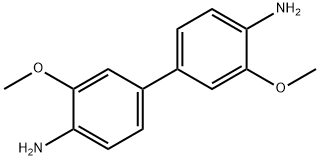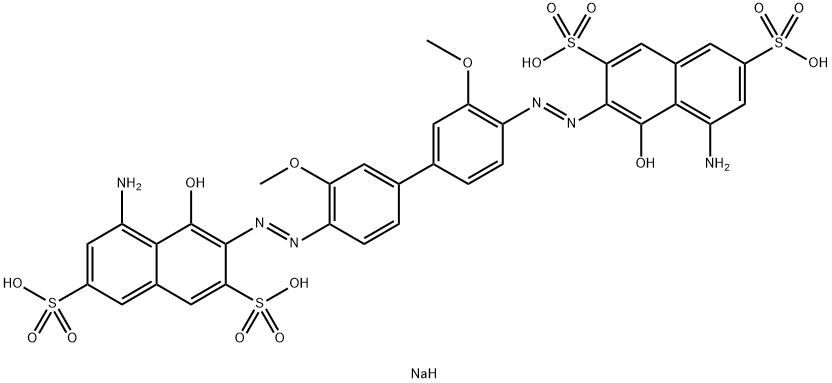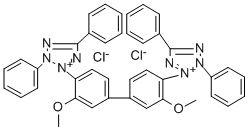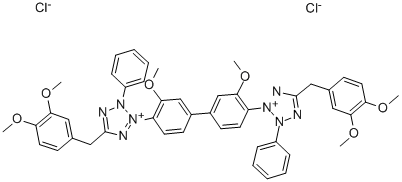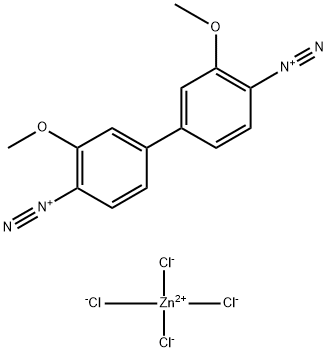PRODUCT Properties
| Melting point: | 137-138 °C(lit.) |
| Boiling point: | 387.21°C (rough estimate) |
| Density | 1.1079 (rough estimate) |
| refractive index | 1.6000 (estimate) |
| Flash point: | 403 °F |
| storage temp. | Store at RT. |
| solubility | H2O: slightly soluble |
| pka | 4.71±0.10(Predicted) |
| Colour Index | 37235 |
| form | Crystalline Powder |
| color | Pink to beige-brown |
| Water Solubility | Soluble in alcohol, benzene, ether, chloroform, acetone, most organic solvents and lipids. Slightly soluble in water. |
| Merck | 14,2991 |
| BRN | 1879884 |
| CAS DataBase Reference | 119-90-4(CAS DataBase Reference) |
| IARC | 2B (Vol. 4, Sup 7) 1987 |
| NIST Chemistry Reference | Benzidine, 3,3'-dimethoxy-(119-90-4) |
| EPA Substance Registry System | 3,3'-Dimethoxybenzidine (119-90-4) |
Description and Uses
DMOB is a colorless crystalline materialwhich may turn purple on standing in air. Molecularweight=244.32; Freezing/Melting point=137-138℃;Flash point=206℃. Hazard Identification (based onNFPA-704 M Rating System): Health 2, Flammability 1,Reactivity 0. Slightly soluble in water.
o-Dianisidine is a starting material for the production of disazo dyes and pigments.
Like benzidine and o-tolidine, o-dianisidine forms colors with numerous oxidizing agents, e.g., copper, cobalt, and gold ions. o-Dianisidine is quantitatively determined by titration with nitrite using potassium iodide and starch paper as the indicator. o-Dianisidine can be detected in the urine using potassium 1,2-naphthoquinone4-sulfonate after extraction. A rapid and easy method is based on the color formed with cyanogen bromide. Its detection limit is 0.05 mg/kg.
The free o-dianisidine base and the dihydrochloride are marketed in moist forms with a 10-30% water content.
Safety
| Symbol(GHS) |   GHS07,GHS08 |
| Signal word | Danger |
| Hazard statements | H302-H350 |
| Precautionary statements | P201-P301+P312+P330-P308+P313 |
| Hazard Codes | T |
| Risk Statements | 45-22 |
| Safety Statements | 53-45 |
| RIDADR | 2811 |
| WGK Germany | 3 |
| RTECS | DD0875000 |
| TSCA | Yes |
| HazardClass | 6.1(a) |
| PackingGroup | II |
| HS Code | 29222990 |
| Hazardous Substances Data | 119-90-4(Hazardous Substances Data) |
| Toxicity | Dianisidine is a probable carcinogen used in the manufacture of dyes. EPA has classified as a Group 2B—probable human carcinogen. |

